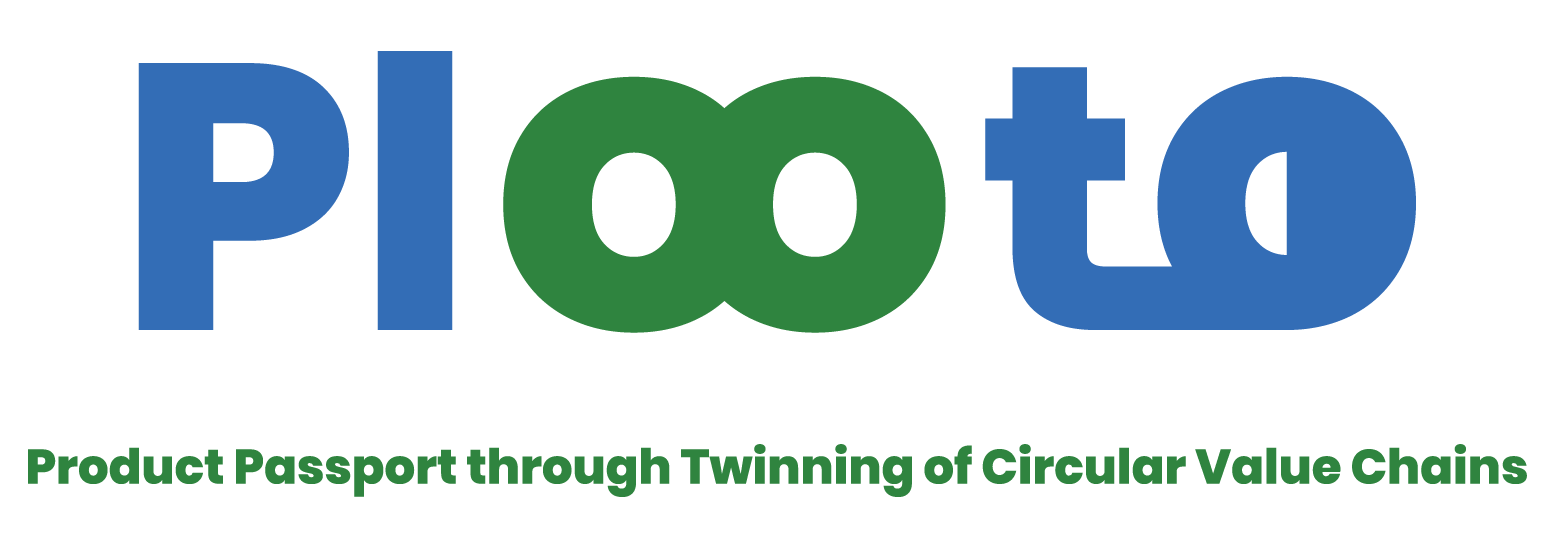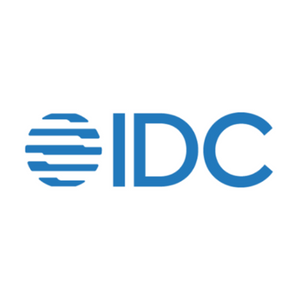Digital Product Passports for Circular Economy and Market Readiness
The European Union (EU) has been at the forefront of advocating for a circular economy, aiming to reduce waste, promote resource efficiency and create a more sustainable society. With ambitious policies like the European Green Deal and the Circular Economy Action Plan [1], the EU has set targets to achieve a carbon-neutral continent by 2050 and to decouple economic growth from resource use [2].
Central to this movement is the concept of a circular economy, where products and materials are designed, produced, used, and recycled in a closed-loop system. In the manufacturing sector, which is the industry where Plooto pilots operate, incorporating circular economy principles into production and operations is the top initiative for organizations to advance their sustainability agenda. By reusing, recycling, and remanufacturing components, manufacturers can minimize resources consumption and waste generation. This leads not only to cost savings and lower dependence on raw materials, but also to greater ability to meet customer expectations, increased customer loyalty and improved brand reputation. This concept demands innovative solutions to track and manage products throughout their lifecycle, giving rise to the concept of Digital Product Passports.
DPPs are digital representations that incorporate crucial information about a product, enabling easy access to data regarding its origin, materials used, manufacturing processes, and end-of-life possibilities [3]. Adopting circular economies practices requires the development of innovative value chain business models, where the cooperation of value chain partners enables greater value creation. By establishing advanced monetization strategies, those business models enable organizations to maintain these initiatives in the long run. Through subscription-based models, pay per-use arrangements, or other innovative monetization mechanisms, manufacturers can not only cover their operational costs but also generate revenues. Currently in Europe, the development and adoption of DPPs are primarily driven by regulations, most notably the EU’s CEAP12 [4]: A key initiative of CEAP is the creation and gradual rollout of DPPs. The EU aims to implement DPPs across three industries by 2026 (apparel, batteries, and consumer electronics) with more to follow.
Plooto project makes a practical step towards DPP for circular economy in manufacturing sector through development of technological solutions for DPPs and deploy them in 3 pilots. From a business perspective, a crucial step to accelerate the adoption of DPP solutions is to understand the market status, trends and forecast. This helps to define more realistic exploitation plans for GTM. IDC, as a global leader in market research, has conducted the market research in Plooto to provide insights to the partners on what the future market in Europe looks like in terms of sustainability and circular economy.
The results show that Sustainability is therefore a strategic priority for 96% [5] of European organizations, even though only 43% of them have started implementing relevant practices. Several factors are driving these initiatives within board rooms of European organizations and can be grouped in 5 macro areas:
- Regional and local regulations
- Access to financial resources
- Business performance improvements
- Expectations from customers, employees and partners that companies need to fulfil.
- Creation of business value and competitive differentiation
Every industry prioritizes different sustainability initiatives, based on the specific industry priorities and challenges. In the manufacturing sector, which is where Plooto pilots operate, incorporating circular economy principles into production and operations is the top initiative for organizations to deliver on their sustainability agenda (40% of sustainability initiatives in manufacturing sectors are focused on production) [6].
European organizations are starting to shift towards more sustainable supply chains. However, there are a lot of challenges to be overcome, both, as a method to achieve the set ESG objectives (given that supply chains typically account for the largest share of CO2 emissions), but also for improving cost efficiency, risk management and resilience of the business. Projects like Plooto can act as a pioneer to support companies in integrating circular economy in companies’ operation through deployment and development of innovative technologies such as DPP and data analytics.
[1] https://environment.ec.europa.eu/strategy/circular-economy-action-plan_en
[2] 2 https://commission.europa.eu/strategy-and-policy/priorities-2019-2024/european-green-deal/delivering-european-green-deal_en
[3] 3 https://medium.com/circulatenews/the-power-of-digital-technologies-to-enable-the-circular-economy-5471d097ee7f
[4] https://environment.ec.europa.eu/strategy/circular-economy-action-plan_en
[5] IDC Global Sustainability Readiness Index (Europe n=718, August 2023)
[6] IDC Global Sustainability Readiness Index (Europe n=718, August 2023)

